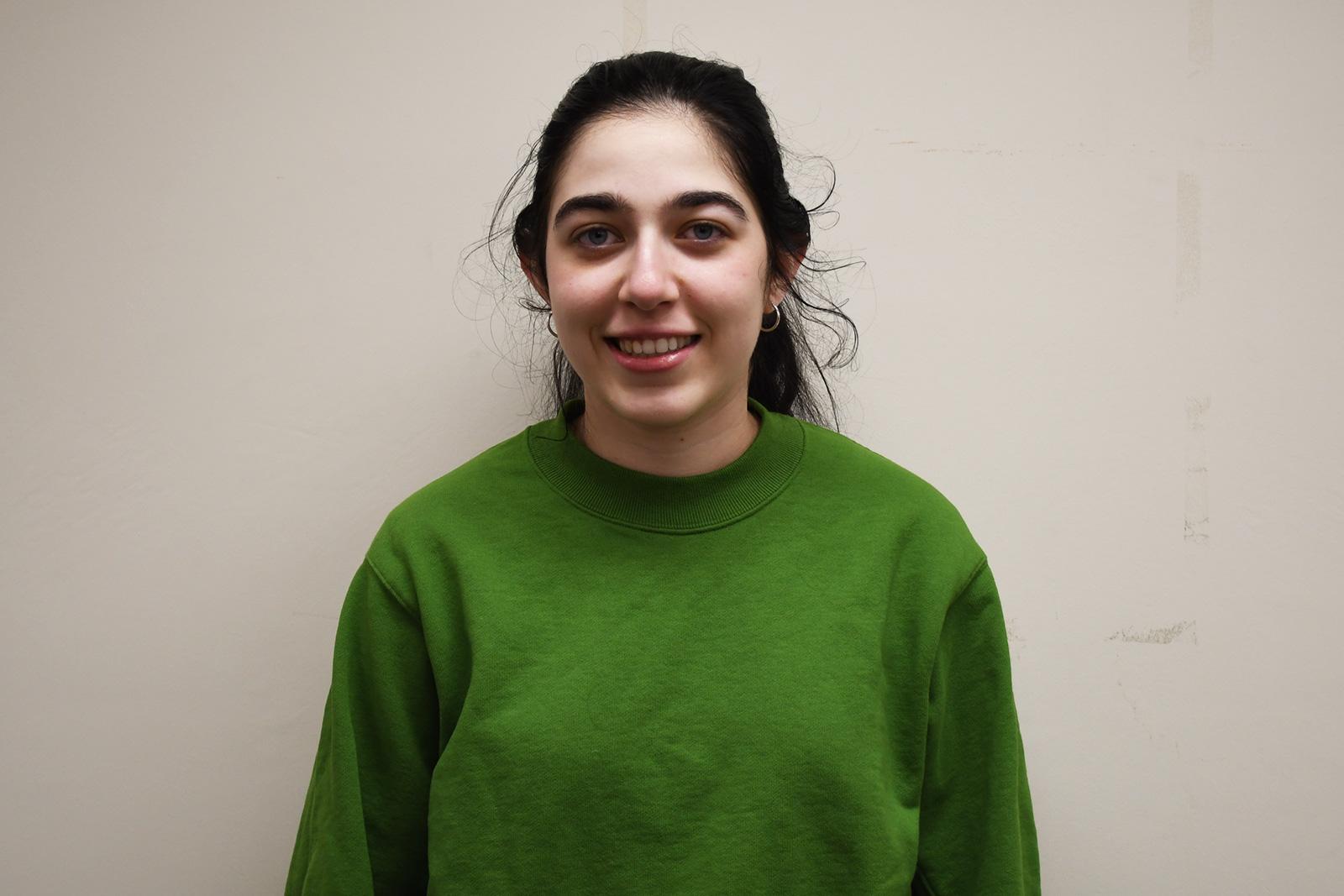I can’t tell you the number times I’ve been falsely encouraged by the phrase “in these uncertain times” throughout the last few months.
These words have been used by companies to sell everything from beer to life insurance, and fall under the narrative that we will get through this pandemic as long as we know that Buick and GMC have always been here for America with strong, family-centered values. God forbid we are not explicitly informed of Tractor Supply & Co.’s official response to the coronavirus.
I don’t blame companies for their lack of creativity. I’ve used the phrase in articles, emails and when handing in late assignments because it sounds much better than “in these times of death and suffering” or “in these times of white women thinking getting a haircut is more important than human lives.”
But the more I think about it, the more inaccurate this phrase feels. A lot of what’s been happening recently seems certain. For instance, low-income Black, Latinx, Asian, Arab and Indigenous communities are disproportionately exposed to pollution and toxic waste and, as a result, are more likely to develop cardiovascular and lung diseases.
People with underlying medical conditions such as respiratory or cardiovascular illnesses are more likely to suffer life-threatening cases of COVID-19, according to the U.S. Centers for Disease Control. Additionally, reported numbers show that Black and Brown communities are suffering disproportionately high death rates.
These deaths are not unexplainable or uncertain. They are the product of structures that have been in place long before this virus ever existed.
Even those emphatically white crowds protesting their right to be exposed to the virus — all in the name of getting a massage or playing golf — seem predictable. There’s a lot about these “uncertain” times that certainly seem already characteristic of life in America.
I don’t mean to minimize any of the suffering or loss that people are going through right now. We are experiencing horrific, unusual and devastating times — it is not normal for this many people to die in such a short span of time.
I mean to say that the structures that existed before the crisis arose, and that are known to (and in many cases explicitly created by) government officials, exacerbated the spread and devastation of the disease in marginalized communities.
Black communities in Louisiana, for example, forfeited necessary access to primary care when Gov. Bobby Jindal rejected the Affordable Care Act’s expansion of Medicaid. When Jon Bel Edwards was elected as governor, he then accepted Medicaid in 2016. But this expansion of primary care can only do so much for the health of communities that have been hurt for generations.
Any semblance of uncertainty feels like a cruel joke.
I think we label these times as “uncertain” because we want them to be. We use the phrase as a way to look away from how much unimaginable loss people are going through, and to pretend thousands of deaths weren’t preventable.
That is not to say there is nothing uncertain about the future. Now that many states are reopening in spite of opposing medical and public health expert opinions, the future at the other side of this pandemic feels opaque and untenable, despite being all the more near to us.
In a New York Times article, reporter Gina Kolata wrote, “an end can occur not because a disease has been vanquished but because people grow tired of panic mode and learn to live with a disease.”
The Black Death is marked as lasting from around 1347 to 1351. But, the plague re-emerged every 20 years in London until 1665, killing 20 percent of the population each time. Is this what we have to look forward to?
The AIDS pandemic technically has not ended and, as it did in the 80s and 90s, still disproportionally affects Black and Brown LGBT communities. Even if the COVID-19 pandemic ends, what will we be returning to?
I think there is an urge for us to go back to normal, to visit our friends and go back to campus. We want to pretend the pandemic was a time of irregularity and that the suffering we may have witnessed or experienced was characteristic of a past time, and not of the continuing structures under which it occurred.
To be honest, I don’t have any idea how this pandemic is going to or should end, but I think it’d do us well to let go of uncertainty as a comfort.
Yes, life is unpredictable and horrific. But even chaos theory dictates that chaos is ruled by a certain set of deterministic laws and patterns. The course of human history is not something we can clearly define, but the parts of it that we can perceive and study are ultimately rooted in intentionally constructed systems.
If we are certain in our history, then we can be certain on how to deconstruct these systems and emerge from this crisis with purpose. The future may be uncertain, but our response to it doesn’t have to be.






























































































































